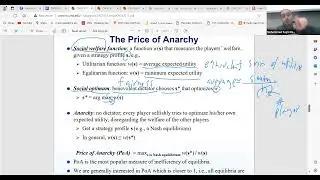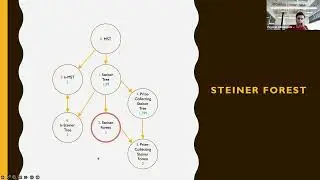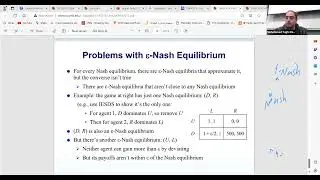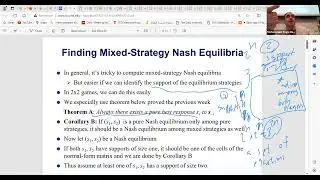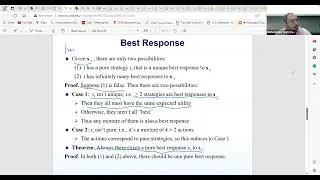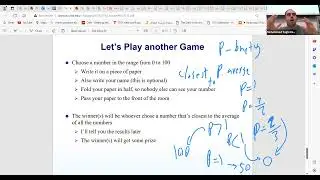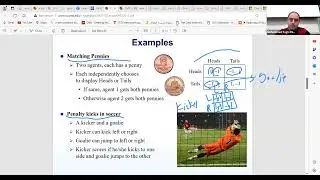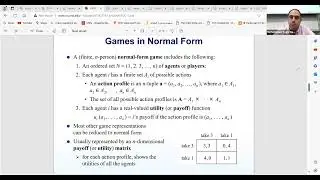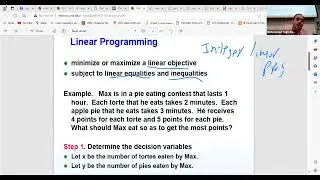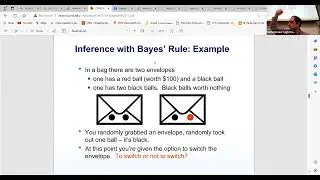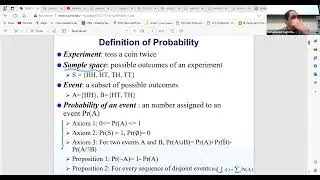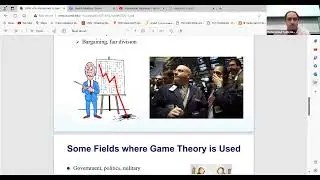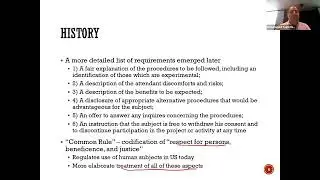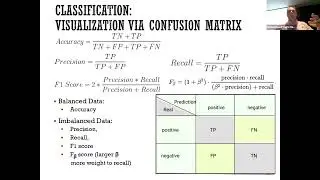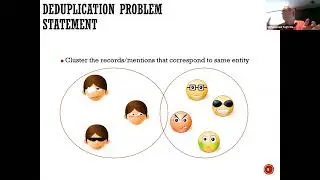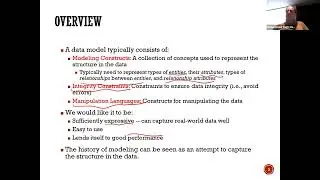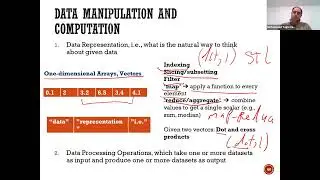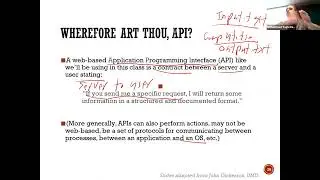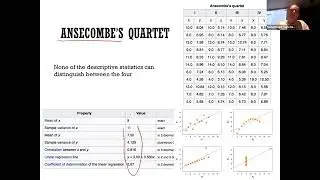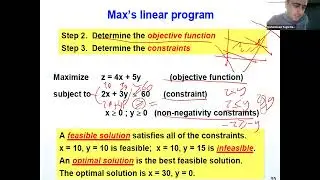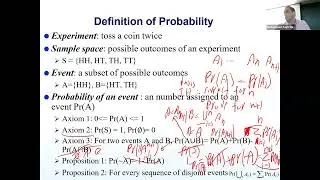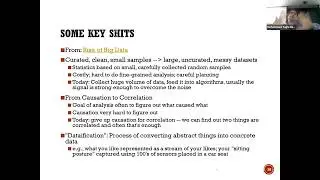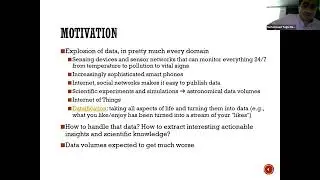Lesson 4: Principles of Data Science by Mohammad Hajiaghayi: Basic Concepts and Tools, Part 2
In this session we continued discussing basic concepts and tools of data science. In particular essential tools such as probability, linear programming, graph algorithms, etc., pivotal for any data science endeavor, were discussed in detail. We delved into the realm of data science, exploring its relevance and importance, particularly amidst advancements like Cloud Computing and generative AI.
The significance of understanding probability theory, especially in the context of AB testing, was underscored to prevent costly missteps. Additionally, insights into probability in Python and resources like cab.research.google.com and Jupyter notebook were shared, facilitating a deeper understanding of data science fundamentals.
Linear programming emerged as a pivotal tool, offering a competitive edge to those well-versed in its application. The discourse extended to concepts like P versus NP, crucial in the landscape of AI and computer science. Graph algorithms and optimization problems were explored, with references to free resources like my YouTube course on "Introduction to Algorithms" for further study. Linear programming, intertwined with the complexity of NP-hard and NP-complete problems, provided a foundation for tackling optimization challenges effectively.
Furthermore, the discussion navigated towards practical implementation, notably through containerization using Docker. This approach streamlines software deployment, addressing challenges associated with dependencies and version compatibility. Dockerization facilitates seamless integration into cloud computing environments, fostering accessibility and efficiency. While the journey towards mastering these tools may pose initial challenges, resources like VS Code and Azure offer guidance, marking progress towards a more accessible and user-friendly landscape in data science. We talk in details about git instructions as well.
#datascience, #Probability, #LinearProgramming, #PvsNP, #GraphAlgorithms, #Optimization, #Dockerization, #CloudComputing , #VSCode, #Azure, #machinelearning,#cloudcomputing,#dataanalysis.

![[FREE] SLIMESITO x BEEZYB TYPE BEAT 2022 -](https://images.videosashka.com/watch/1EoTITwenvE)






